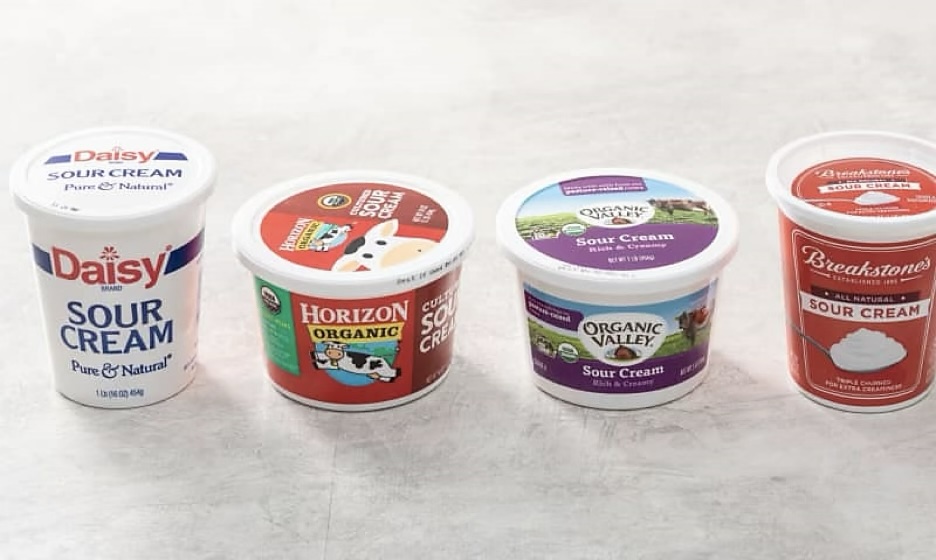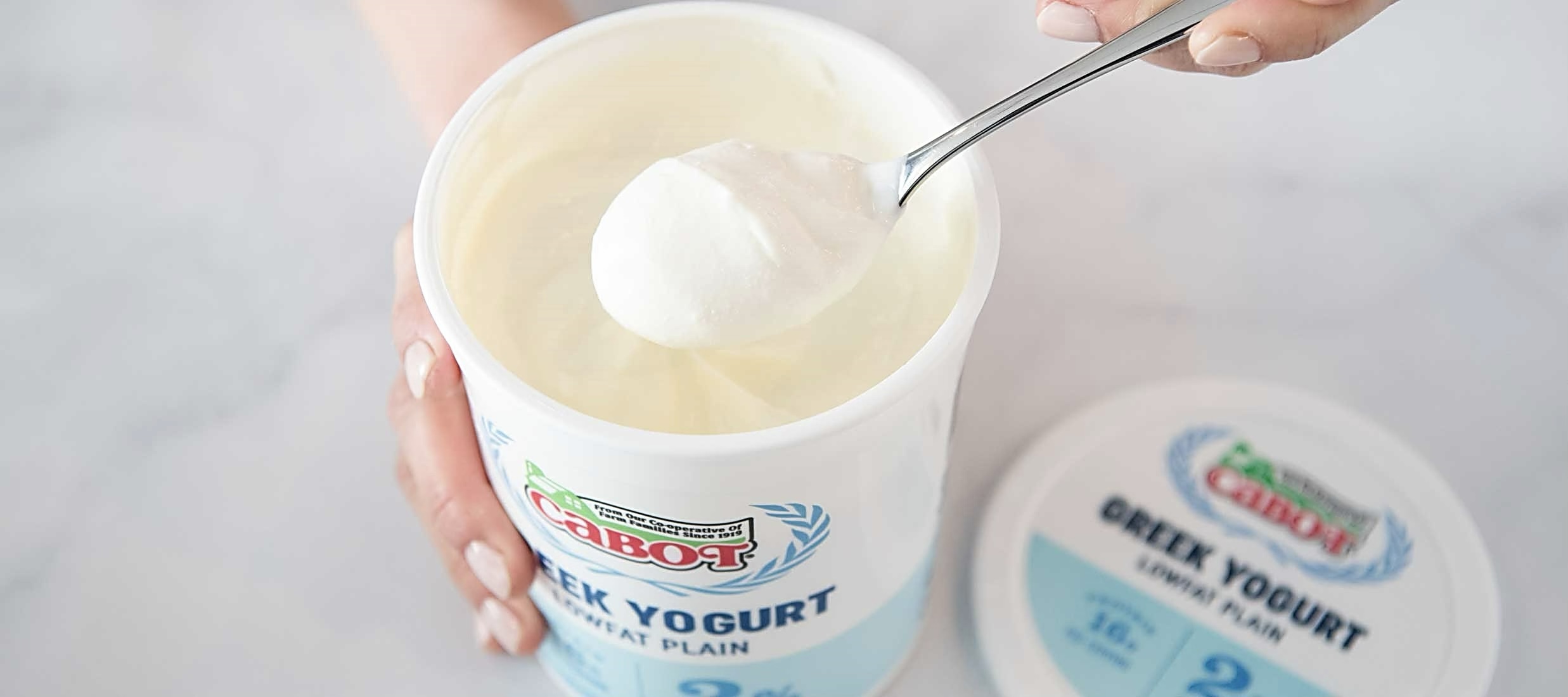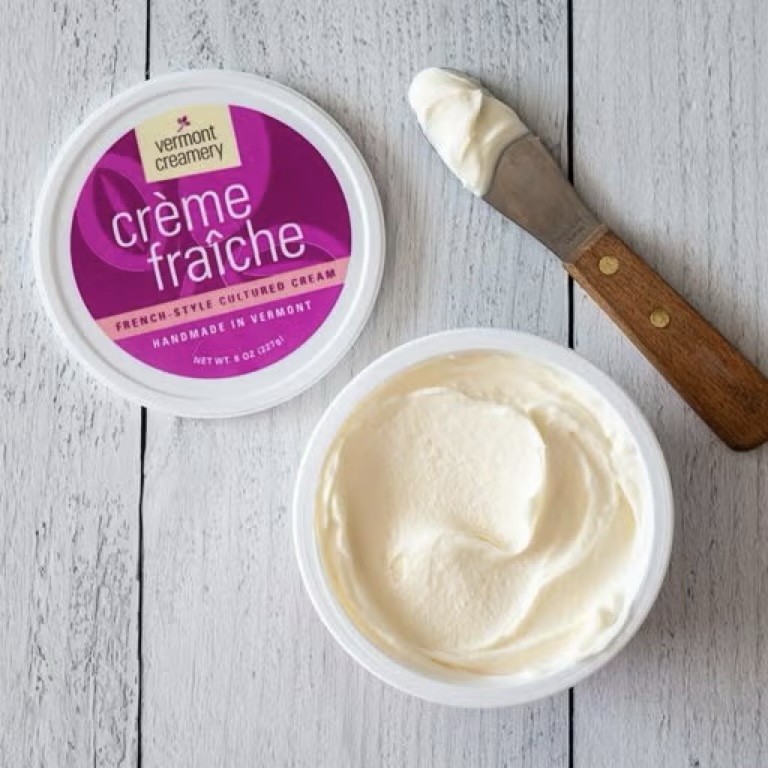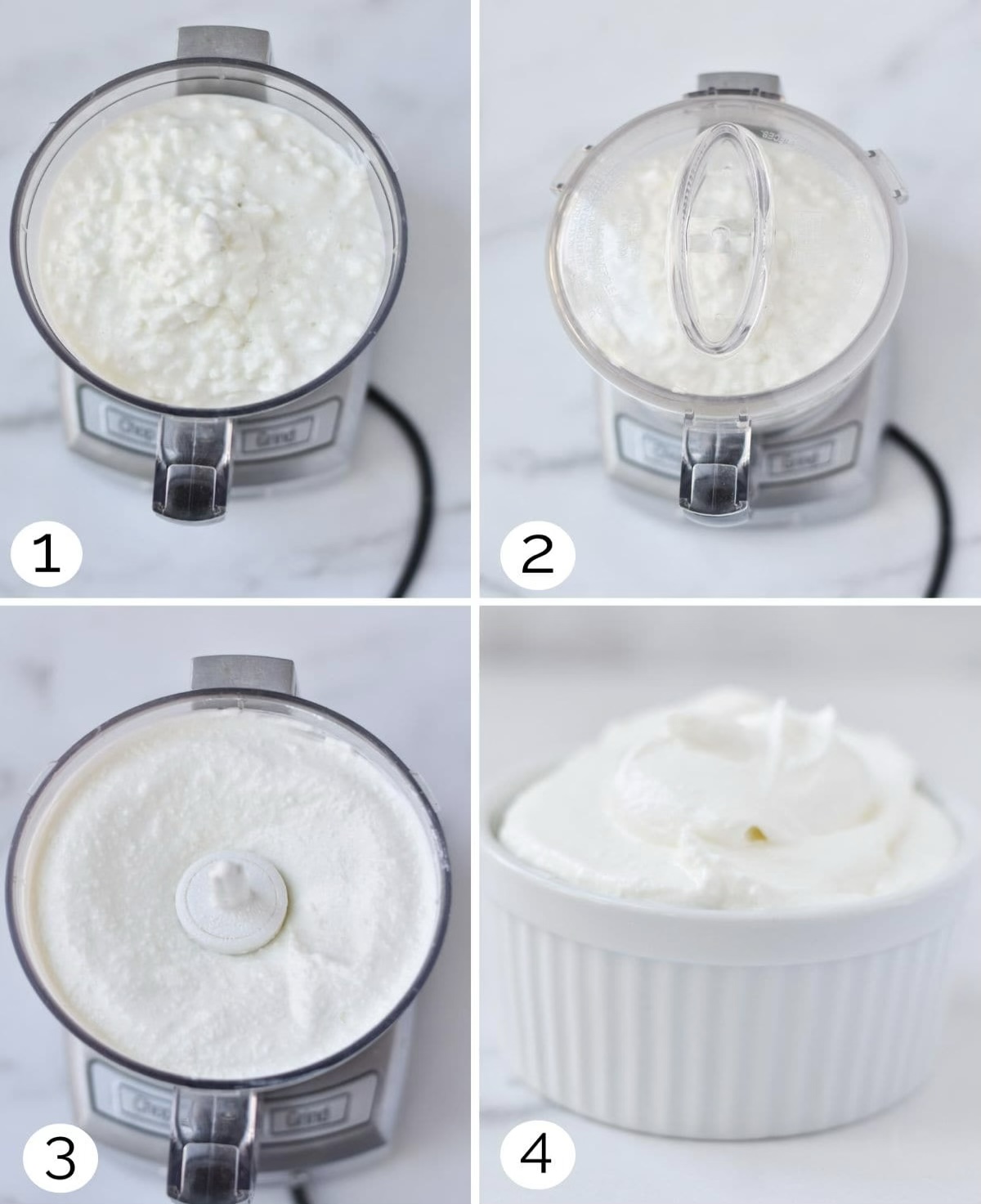You NEED It, and You’re Out of It? No Need to Panic!
Who hasn’t experienced needing some sour cream for a recipe and realizing at the last minute that you’re out of it? (And you definitely don't want to go buy some.) Luckily, it can be easily substituted in most recipes.
At its most basic level, it's milk and heavy cream inoculated with lactic acid-producing bacteria (the same ones that make sourdough sour). And its gut-healthy bacteria is a heavy hitter across multiple recipes: it tenderizes proteins when used in marinades and can relax gluten strands to make your baked goods soft and fluffy. Plus, the tangy lactic acid can be used alongside baking soda to help cakes and muffins rise in the oven. It's been called “the ultimate kitchen MVP.”

Food science and research shows there are at least 8 good substitutes for sour cream. Which one to use is determined by what you’re making.
So let’s look at these substitutes. Makinze Gore and Gabby Romero, editors for www.delish.com, have researched this topic well. They say, “Nearly any tangy dairy product can replace sour cream in recipes. But we've also rounded up some dairy-free options for vegan and lactose-intolerant cooks.”
Their research shows that yogurt is your best substitute for sour cream. Whether you're baking or making a dip or sauce, yogurt is a 1:1 sub. That means if your recipe calls for 1 cup of sour cream, you can replace it with 1 cup of yogurt. Full-fat Greek or natural yogurts work best, but low-fat or even nonfat can be used, too. And as long as it's not flavored or sweetened, it makes a great topping on baked potatoes.

Mayo is also a good sour cream substitute. It can be used as a 1:1 replacement in both baking and dips. Though you'll lose some tang that sour cream offers, it’ll do a fine job of adding moisture to baked goods. Plus, it's relatively the same texture as sour cream, which makes it a great sub in dips and sauce. If you still want a bit of acidity, just add a squeeze of lemon or a splash of vinegar.
Then there’s buttermilk. But it's a little trickier since it's so much thinner than sour cream. In baking, use just a scant 3/4 cup of buttermilk for every cup of sour cream called for. The batter may be a little thinner, but it should still bake up nicely. In dips, you can replace up to about half of the sour cream with buttermilk. Cream cheese, mayonnaise, or yogurt will help thicken it.
Crème Fraîche (French for fresh cream) is like a mix between cream cheese and sour cream. It's great as a substitute for toppings and in baking. It's also perfect for adding to pan sauces as it curdles less than yogurt. It’s a sleeper, highly underused!

Cream Cheese is another good choice, but you may need to thin it a little. For every cup of sour cream needed, beat 6 ounces of cream cheese with 2 tablespoons milk or buttermilk. This should thin it a little and make it easy to add to your dip. If adding it to a pan sauce, you can use equal parts. And like crème fraiche, cream cheese melts down well and doesn't curdle very easily.
Kefir—basically like Gogurt® for adults. It’s tangier than most yogurts and is great for smoothies. While it’s too thin to dollop atop burritos, etc., the unflavored version in terrific in pancake batter, salad dressings, or dips.
Cottage Cheese works well, too. Blend it with a little milk and a teaspoon or so of lemon juice and you’ll find the taste and texture is pretty close to sour cream.

Lastly, if you need something vegan or dairy free, coconut milk is your best option. Go for the canned stuff with full fat. Skim off the coconut cream layer from the top and mix it with some lemon juice or apple cider vinegar and you’re good to go.
 Alice Osborne
Alice Osborne
Weekly Newsletter Contributor since 2006
Email the author! alice@dvo.com
